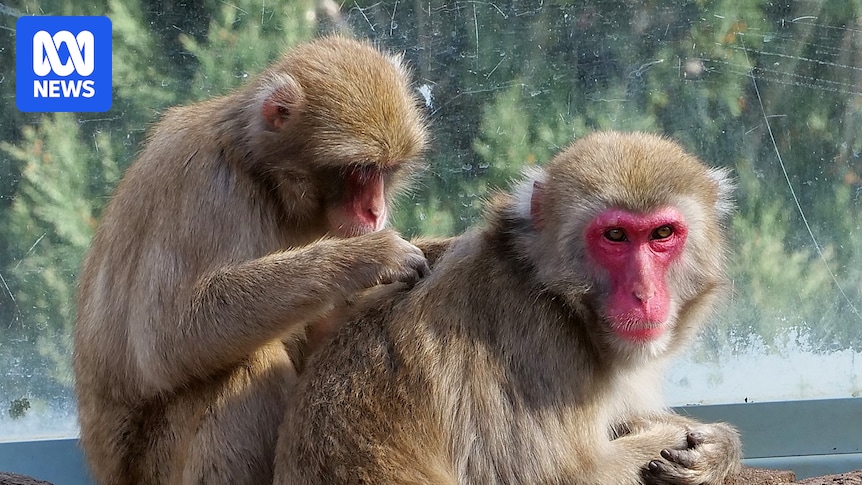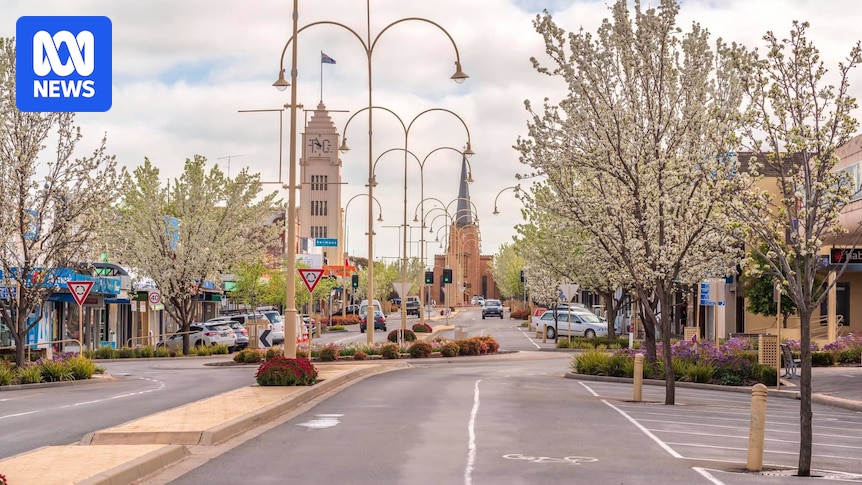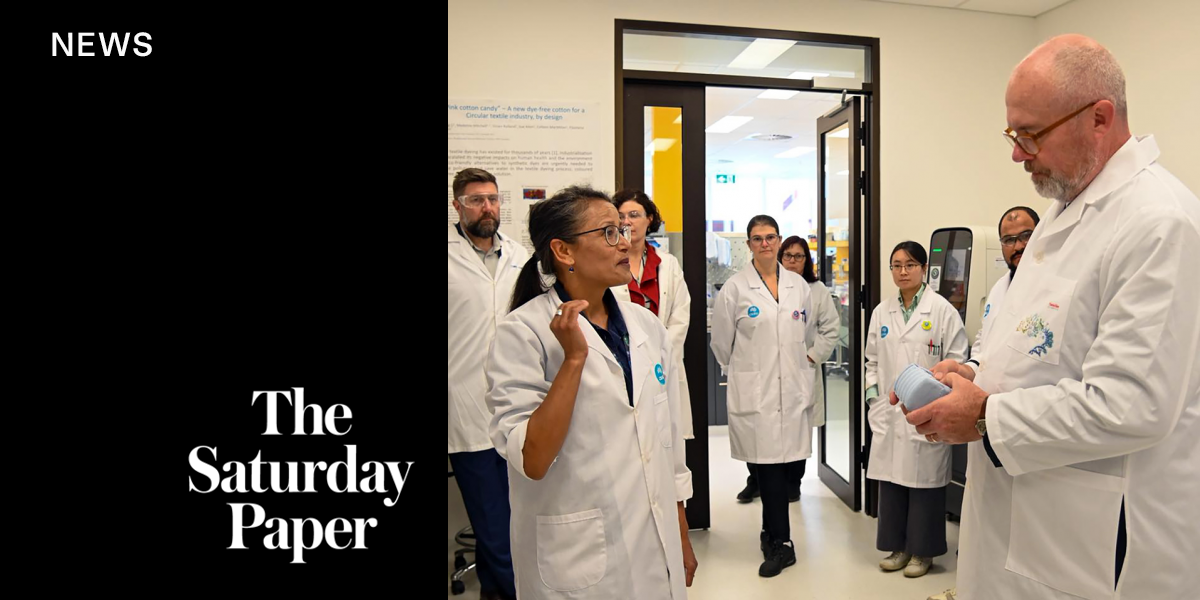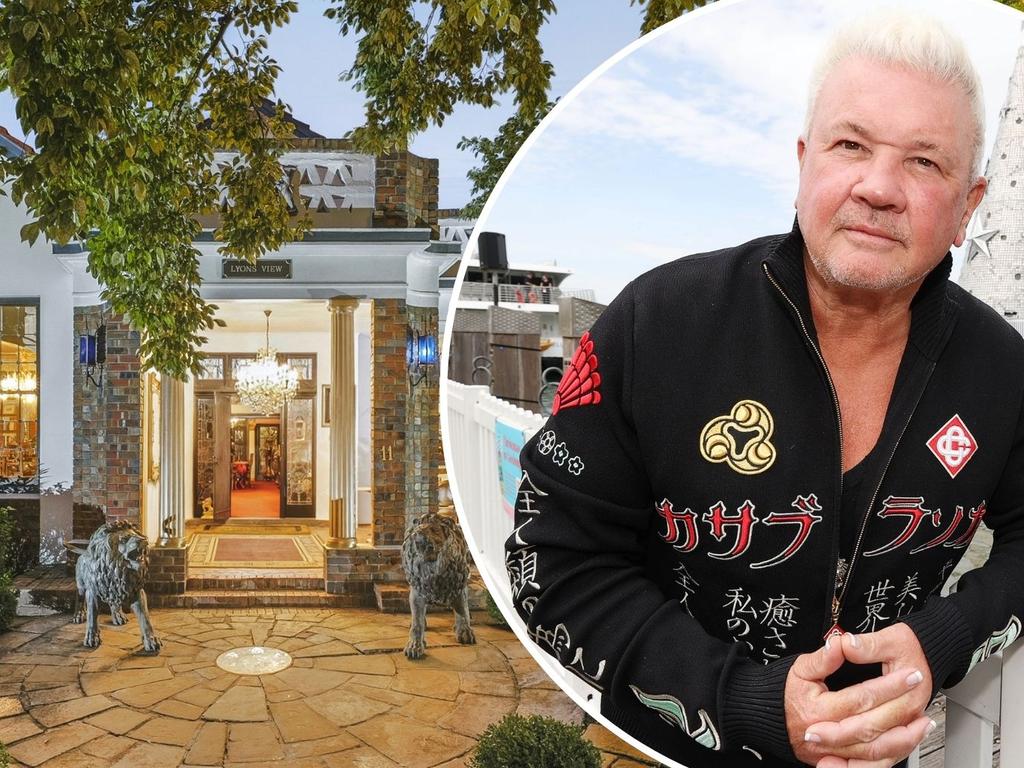
The Launceston City Council has approved a controversial trip to Japan, sending a delegation of councillors, senior staff, and community members at an estimated cost of over $60,000. The decision, made yesterday, has drawn criticism from some ratepayers who view the expenditure as excessive.
The northern Tasmanian council voted to send up to 11 people on a six-day visit to sister city Ikeda in October, celebrating the 60th anniversary of their relationship. This relationship was initially marked by Ikeda’s gift of macaque monkeys to Launceston in 1979, which remain a local attraction.
Originally, the council proposed an $80,000 budget for a 13-member delegation. However, Deputy Mayor Hugh McKenzie deemed this “overdone,” leading to a unanimous decision to reduce the delegation to five councillors, including the mayor, four council staff, and partial funding for two local residents.
Concerns Over Spending
Lionel Morrell, president of the Tasmanian Ratepayers Association, has voiced strong opposition to the trip’s cost. He pointed out that ratepayers are already burdened with a 5.7% rate increase amid a cost-of-living crisis and have allocated $27,000 for the CEO’s Harvard University course.
“It really smacks of nothing more than a junket holiday,” Morrell stated. “Just how much more money do these councillors think — that belongs to the ratepayers — they can spend for their personal pleasure and benefit?”
While acknowledging the delegation’s reduced size, Morrell suggested that two councillors would suffice. The council estimates the trip will cost $6,190 per council delegate and $6,190 to partially cover the fares of two community representatives, totaling $61,900 if all approved attendees participate.
Exploring Opportunities or Just a Holiday?
Despite the criticism, the council agenda outlines several objectives for the trip, including expanding student exchange programs, educational collaboration, and exploring tourism and trade opportunities. Additionally, the delegation aims to leverage Launceston’s UNESCO City of Gastronomy status through strengthened ties with Ikeda.
However, Councillor Tim Walker emphasized the need for concrete goals rather than mere exploration. “We can’t just explore. We need to build upon that relationship at some point, if we’re going to achieve something,” he remarked, advocating for clear objectives before departure.
The council last visited Ikeda in 2012 to renew their sister city agreement for “the next 50 years and beyond.” The upcoming trip, scheduled from October 28 to November 2, includes visits to the Satsukiyama Zoo, schools, local companies, and cultural sites.
The Value of Sister City Relationships
Dr. Daniel Pejic, a research fellow at the Melbourne Centre for Cities, supports the potential benefits of sister city relationships, such as attracting international students, fostering cultural exchanges, and creating business partnerships. However, he stresses the importance of transparency regarding these benefits.
“It’s really contingent on the council to explain really clearly to their residents what they’re getting out of this trip,” Dr. Pejic stated.
He also recommends periodic reviews of sister city relationships to ensure they align with the city’s economic and community interests.
In response to the controversy, the Launceston City Council has pledged to prepare a report on the Ikeda visit upon the delegation’s return. The council has been contacted for further comment.







